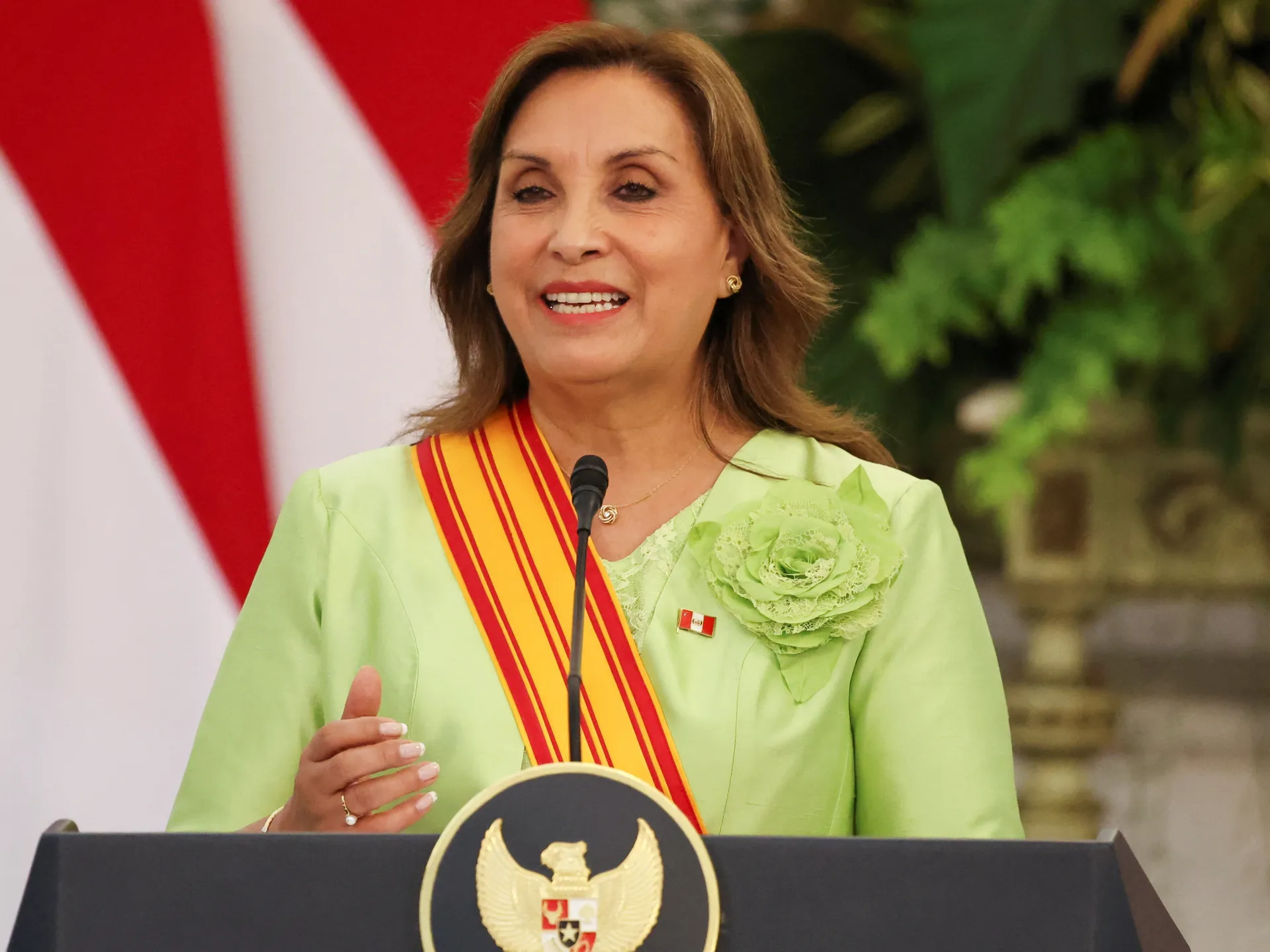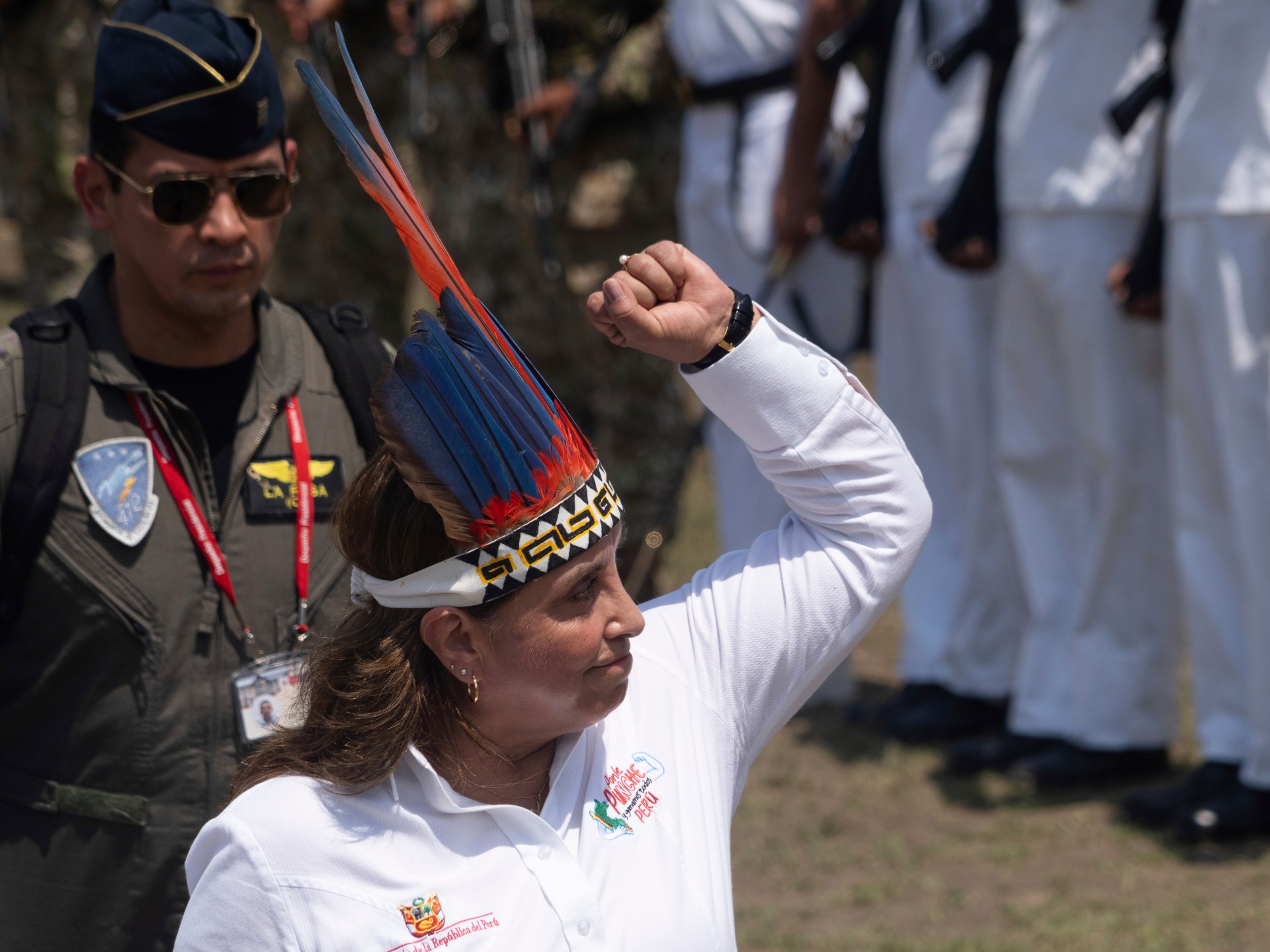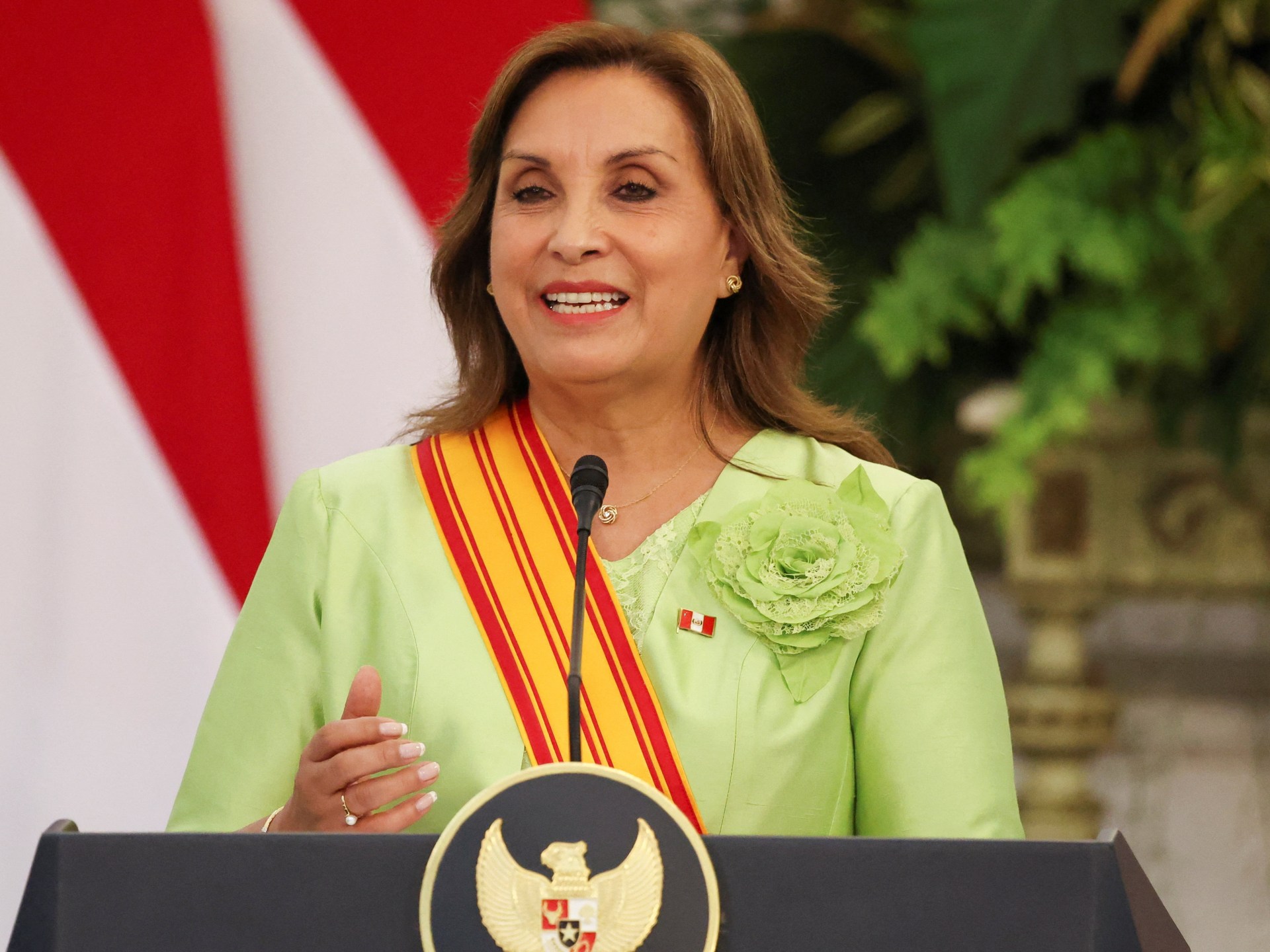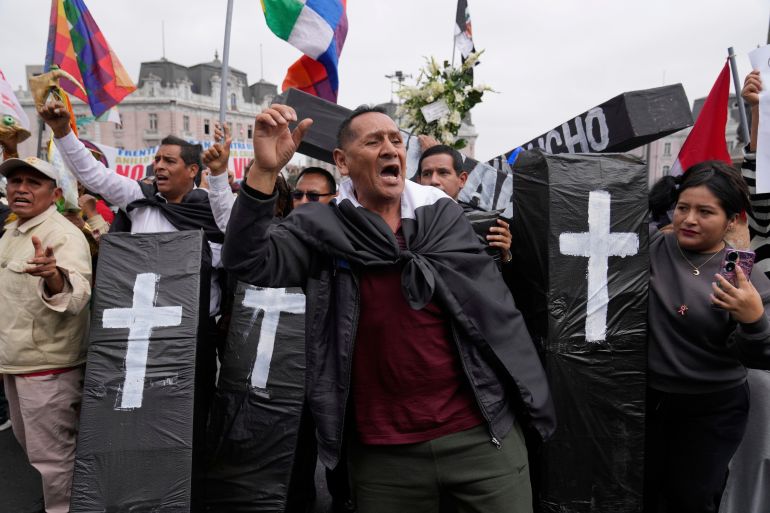Peruvian President Dina Boluarte has signed into law a controversial piece of legislation that would shield the military, police and other government-sanctioned forces from prosecution for human rights abuses committed during the country’s decades-long internal conflict.
On Wednesday, Boluarte held a signing ceremony at the presidential palace in Lima, where she defended the amnesty law as a means of honouring the sacrifices made by government forces.
“This is a historic day for our country,” she said. “It brings justice and honour to those who stood up to terrorism.”
But human rights groups and international observers have condemned the bill as a violation of international law — not to mention a denial of justice for the thousands of survivors who lived through the conflict.
From 1980 to 2000, Peru experienced a bloody conflict that pitted government forces against left-wing rebel groups like the Shining Path.
Both sides, however, committed massacres, kidnappings and assaults on unarmed civilians, with the death toll from the conflict climbing as high as 70,000 people.
Up until present, survivors and family members of the deceased have continued to fight for accountability.
An estimated 600 investigations are currently under way, and 156 convictions have been achieved, according to the National Human Rights Coordinator, a coalition of Peruvian human rights organisations.
Critics fear those ongoing probes could be scuttled under the wide-ranging protections offered by the new amnesty law, which stands to benefit soldiers, police officers and members of self-defence committees who face legal proceedings for which no final verdict has been rendered.
The legislation also offers “humanitarian” amnesty for those convicted over the age of 70.
Peru, however, falls under the jurisdiction of the Inter-American Court of Human Rights, which ordered the country’s government to “immediately suspend the processing” of the law on July 24.
The court ruled against past amnesty laws in Peru. In cases of severe human rights violations, it ruled that there can be no sweeping amnesty nor age limits for prosecution.
In 1995, for instance, Peru passed a separate amnesty law that would have prevented the prosecution of security forces for human rights abuses between 1980 and that year. But it was greeted with widespread condemnation, including from United Nations experts, and it was eventually repealed.
In the case of the current amnesty law, nine UN experts issued a joint letter in July condemning its passage as a “clear breach of [Peru’s] obligations under international law”.
But at Wednesday’s signing ceremony, President Boluarte reiterated her position that such international criticism was a violation of her country’s sovereignty and that she would not adhere to the Inter-American Court’s decision.
“Peru is honouring its defenders and firmly rejecting any internal or external interference,” Boluarte said.
“We cannot allow history to be distorted, for perpetrators to pretend to be victims, and for the true defenders of the homeland to be branded as enemies of the nation they swore to protect.”
Peru’s armed forces, however, have been implicated in a wide range of human rights abuses. Just last year, 10 soldiers were convicted of carrying out the systematic rape of Indigenous and rural women and girls.
Drawing from Peru’s Truth and Reconciliation Commission report, the human rights group Amnesty International estimates that the country’s armed forces and police were responsible for 37 percent of the deaths and disappearances that happened during the conflict.
They were also credited with carrying out 75 percent of the reported instances of torture and 83 percent of sexual violence cases.
Francisco Ochoa, a victims’ advocate, spoke to Al Jazeera last month about his experiences surviving the 1985 Accomarca massacre as a 14-year-old teenager.
He had been in the corn fields preparing to sow seeds when soldiers arrived and rounded up the residents of his small Andean village.
Despite having no evidence linking the villagers to rebel groups, the soldiers locked many of them in their huts, fired into the structures and set them ablaze.
As many as 62 people were killed, including Ochoa’s mother, eight-year-old brother and six-year-old sister.
“The first thing I remember from that day is the smell when we arrived,” Ochoa, now 54, told journalist Claudia Rebaza. “It smelled like smouldering flesh, and there was no one around.”
When asked how he and other survivors felt about the amnesty law, Ochoa responded, “Outraged and betrayed”.






